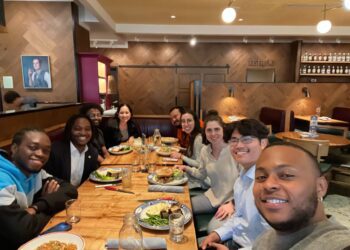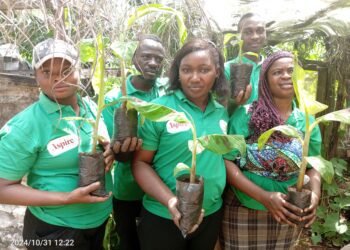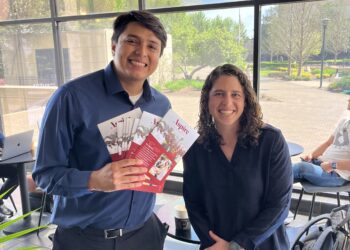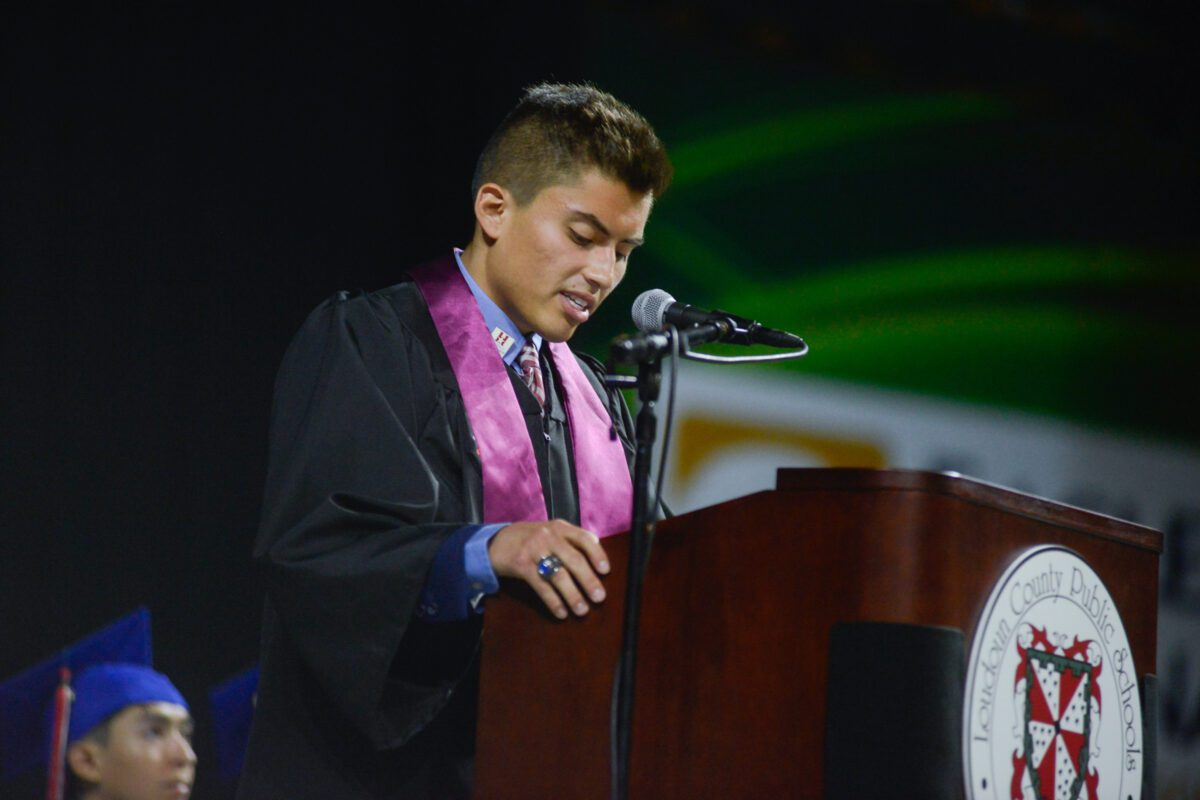
In a powerful conversation, 2022 Aspire Leaders Program (ALP) alumnus, Bryan Zapata, shared his journey from humble beginnings to becoming a global agent of change to bring together a divided world.
Zapata, who currently works as an Industrial Engineer at Boeing, grew up witnessing socio economic divides in his community. While studying at Virginia Tech, he used his experience with facing discrimination as a driver to address the issues around him. He set out to continue his work at a larger scale upon his graduation in 2022. He now actively inspires others to embrace global collaboration for a better world.
Could you share a bit about your background and life growing up?
I was born in Alexandria, Virginia in the United States but grew up in a suburban town called Sterling Park. My family immigrated from Colombia, seeking refuge, economic opportunity, and the [hope] that their children [could] go farther than they did.
I learned how to use my story to change the world.
Like many Latin American families, I grew up in a working class background. Most of my classmates looked like me and shared experiences representative of working class America. We grew up living paycheck to paycheck. Most of us never saw ourselves attending college or becoming meaningful leaders in society.
Growing up in Loudoun County reflected the deep divisions in American life. Sterling Park was a predominately minority town struggling to make ends meet while 15 minutes [away], one could see multi-million dollar houses and prep schools. The transition to college [was] difficult as I had to learn to connect with people who had more than I could imagine. More importantly, I learned how to use my story to change the world.
At Virginia Tech, you began your work advocating for change and even established a chapter of the National Association of Hispanic Journalists (NAHJ) there. What inspired you to do this?
During my junior year of college, I faced immense adversity. The pandemic and social unrest revealed institutional discrimination in our world and how divided societies can be. I experienced that firsthand when I was told by my own people I wasn’t like other Hispanics in Virginia. I struggled to sustain joy in engineering and began to lose purpose in life.
After walking a long journey to figure out my identity, I was able to discover my passion for storytelling, connecting with people from across the globe, and uniting every nation and tongue to make our world a better place. This is what led me to creating the National Association of Hispanic Journalists (NAHJ) at Virginia Tech. I wanted to ignite change in my community by educating the public on the importance of storytelling – how to spot fake news, and how to bring our divided communities together.
I used NAHJ to build The Impact Challenge, a competition where students come together to solve local and global issues. These two ideas became ingrained in the DNA of the institution and inspired current underclassmen to continue the hard work.
After graduating from college, you applied to the Aspire Leaders Program. How did you find out about the program, and what was your journey like?
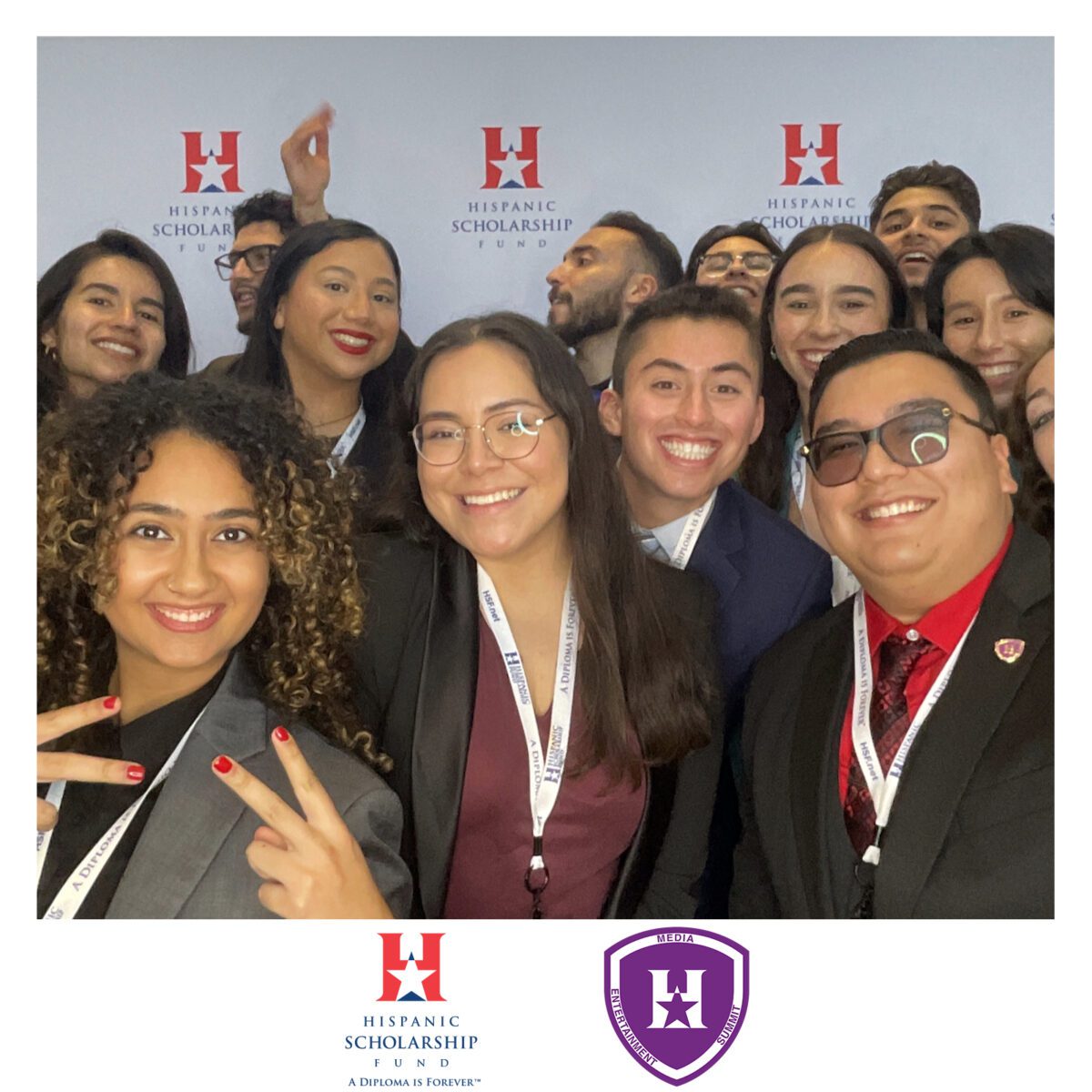
I first learned about Aspire through a newsletter sent by the Hispanic Scholarship Fund, looking for an opportunity to learn about how to build better teams and make social impact. I decided to apply to Aspire to challenge myself in a global cohort and receive academic experience from Harvard faculty.
Becoming an alum has been a call to action to serve communities and nations around the globe and make the world a better place for all.
When I found out I was accepted into the 2022 cohort, I knew that this was a huge opportunity to apply my post college skills on a global scale. I was challenged to learn about the impact economic inequality has on the affordability of heart surgery in India [and how] deep interfaith divisions in Nigeria can be dismantled using the arts. Leymah Gbowee, 2011 Nobel Peace Prize Laureate, shared her knowledge on war, peace, and the components of a functioning society. Harvard faculty shared groundbreaking research on optimizing public health policy in the war in Ukraine and the principles of courageous leadership that make social impact possible.
At the end of the program, I was left with new aspirations and a global community that continues to inspire me. My cohort represents every nation on earth, and beyond our differences lie similarities. Becoming an alum has been a call to action to serve communities and nations around the globe and make the world a better place for all.
It sounds like you gained a lot from your experience! In what ways has Aspire helped you develop new aspirations and changed your perspective on life?
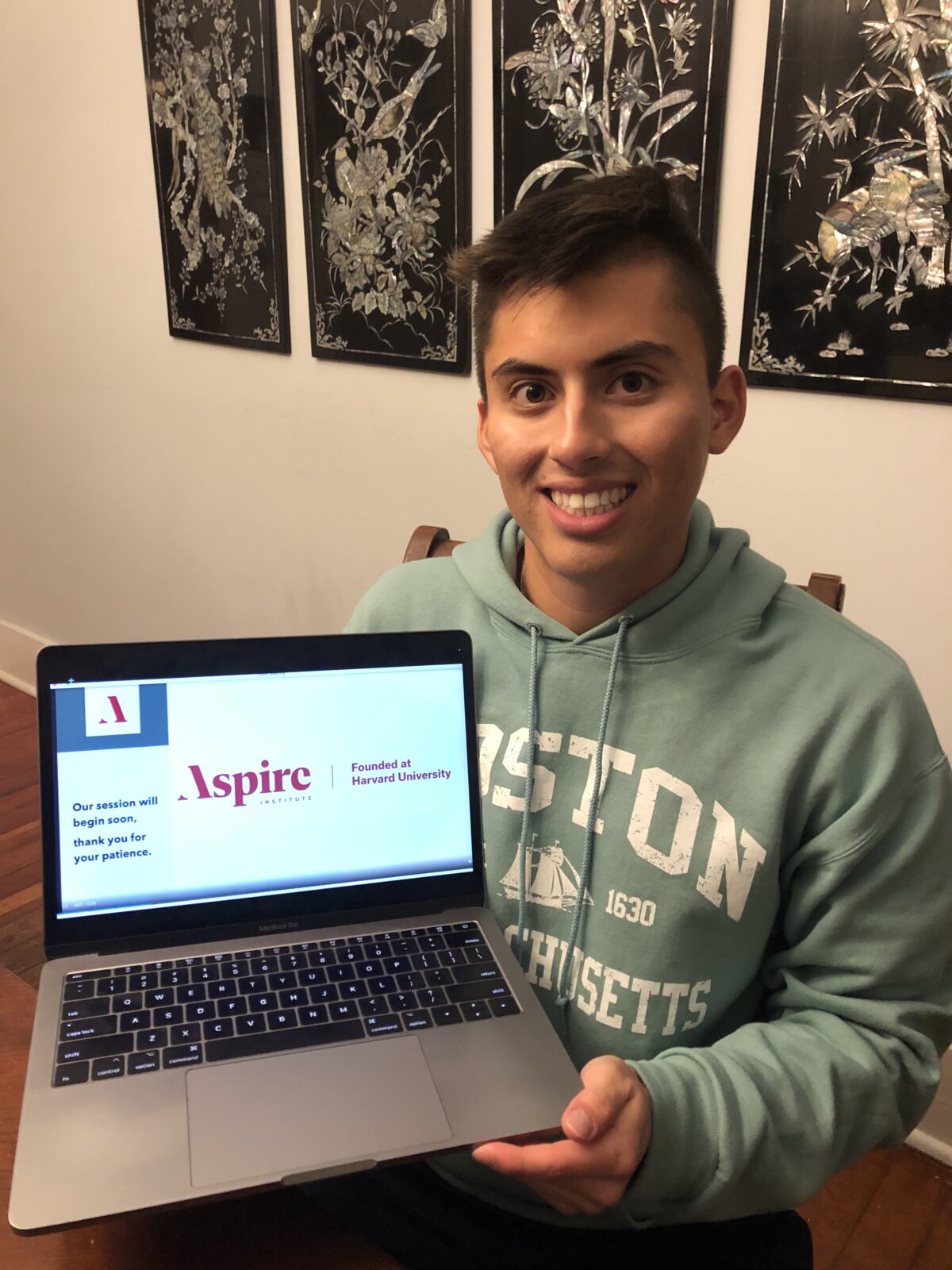
Aspire has equipped me with a global community filled with an atmosphere of globalization and curiosity. Connecting with leaders who live in socio-politically unstable countries allows me to see what change looks like. While my passions lie in areas that may not be related to my current job, Aspire has shown that change can start anywhere regardless of your job title.
Cohort members from Haiti and Myanmar [have inspired] me to remain committed to my mission and to find new ways to impact my community and seize bigger opportunities around the globe.
What advice do you have for those who want to start making change and beginning initiatives in their college or local community?
First, find out what you are passionate about and connect that with your struggles. The adversity that we face challenges us to discover gifts we never knew we had. Understand what struggles you’ve been through and the problems that exist for many others in the world. After that, understand what opportunities you can take or create that address the problems you have experienced.
Your background has informed a lot of the values you hold today. What role does your culture play in your work and goals?
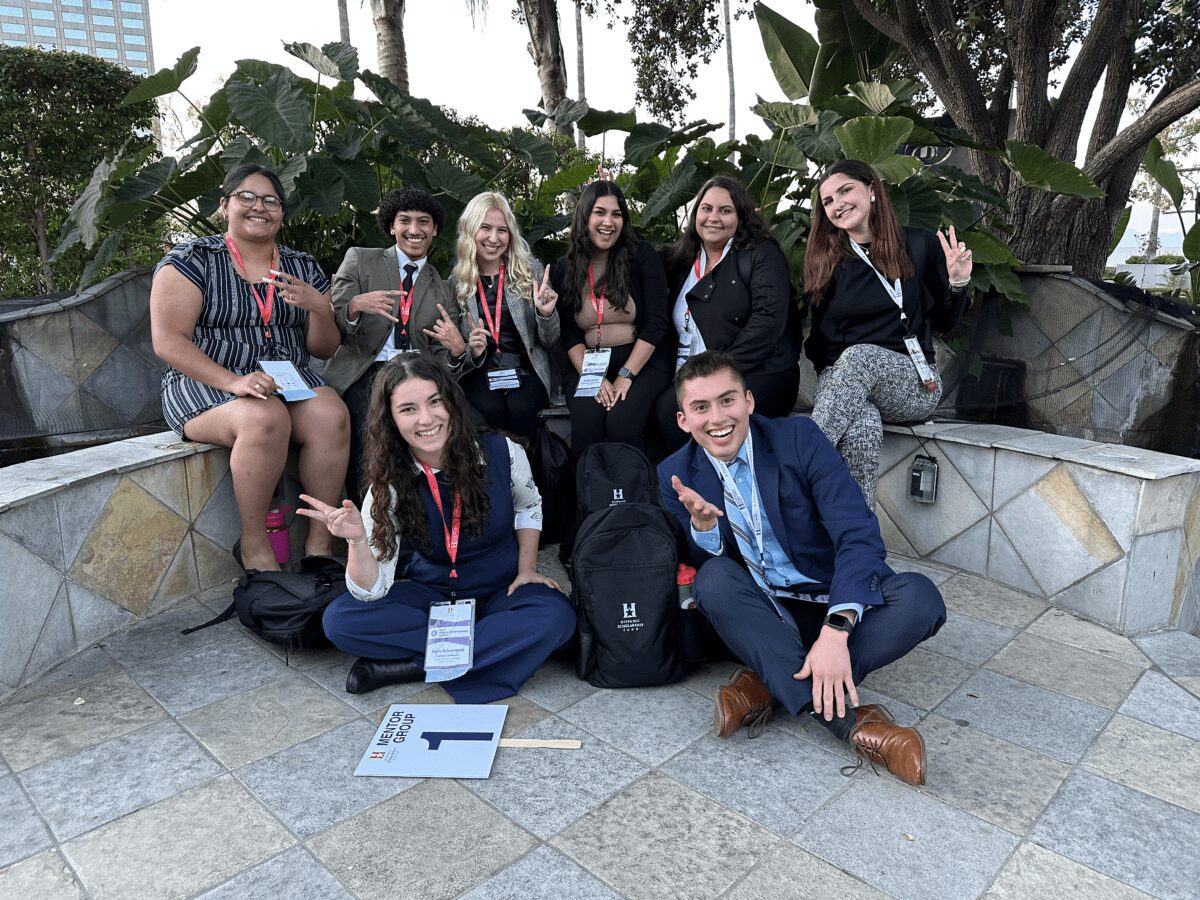
My culture is a reflection of biodiversity and peace. Colombia, a nation that has suffered years of political and social instability, has shown that a 50 year long civil war can end with a peace accords. [It] is a reflection of our similar hopes and dreams — dreams of education, freedom from persecution, and the hope that our world will be better for our children. However, my culture goes beyond Colombia. My culture consists of every country I have had the honor to connect with.
My life mission is to bring divided countries together because our differences make us more alike. As an aspiring diplomat and world leader, I am building bridges that connect the Hispanic community with communities all over the world. These bridges are built off of compassion and empathy and inspire others to do the same. This is what we need to unlock our full potential.
What’s next for you?
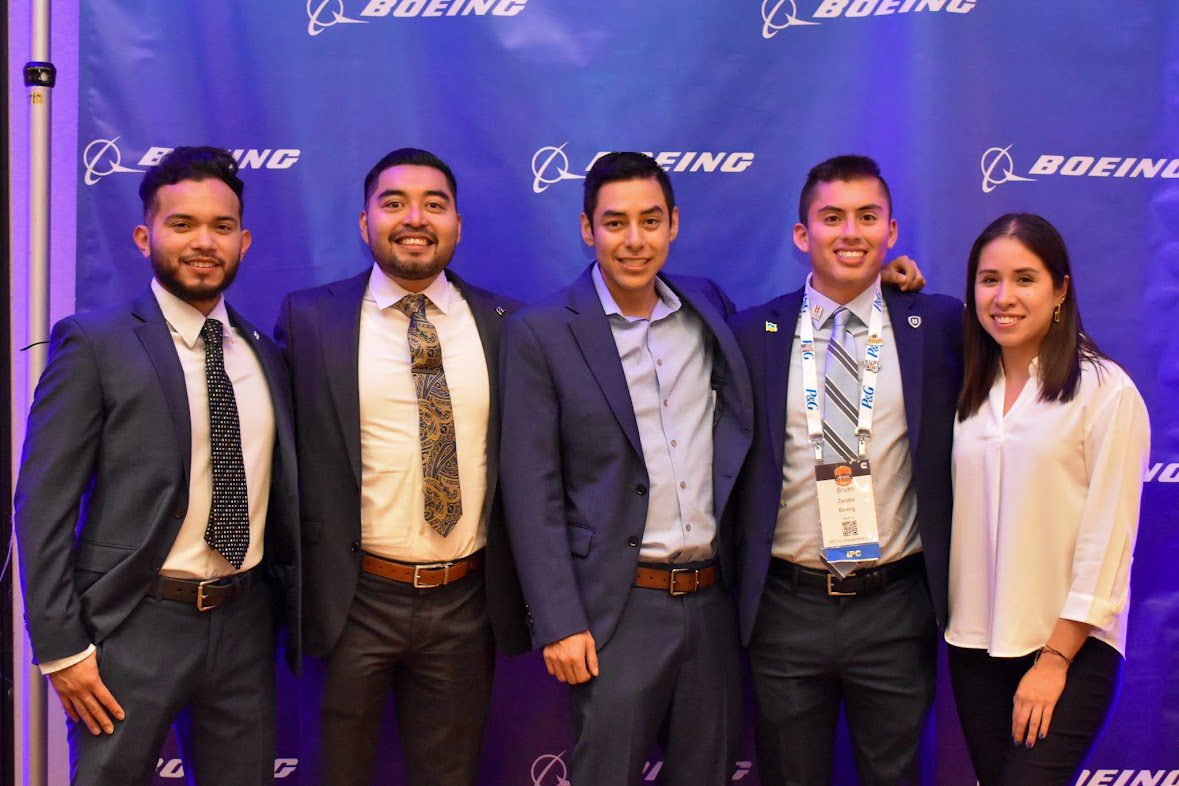
I have discovered that my true passion lies in politics and global service. The next big step for me is earning a fellowship or professional opportunity that will take me overseas to practice the theories of politics and diplomacy. I am looking to understand what it is like to be a citizen of other nations and develop a genuine relationship with every nation. My goal is to pursue a role at the White House and unify global leaders under one shared destiny.
We are one people being the world and one race being humanity. With continuous effort, we can update our political institutions to improve the lives of everyday people, tear down walls that symbolize hate, expand opportunities for the downtrodden, and make sure that no government created by the people and for the people will ever perish.

